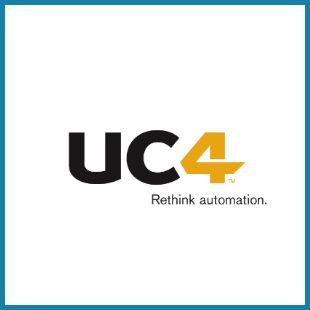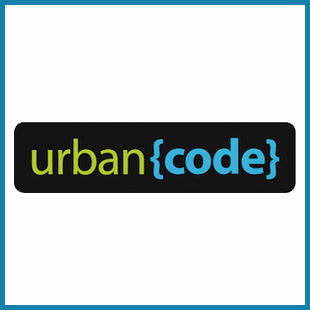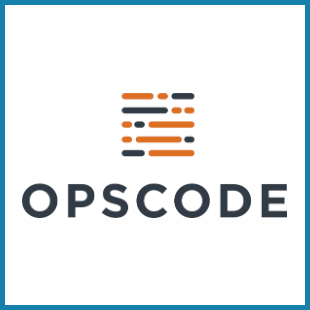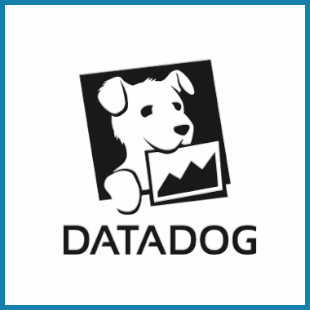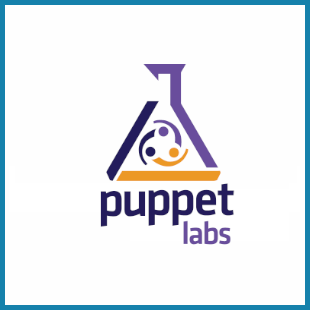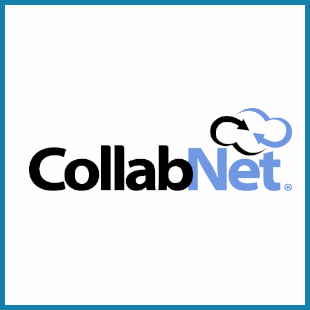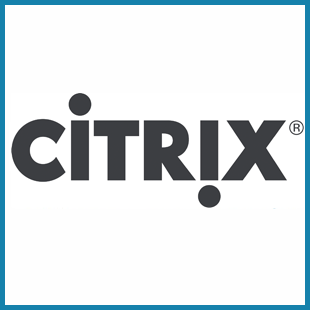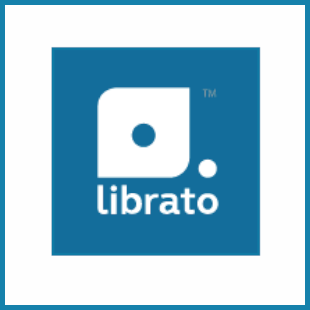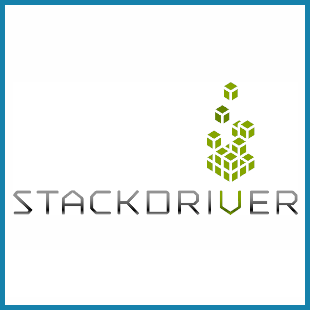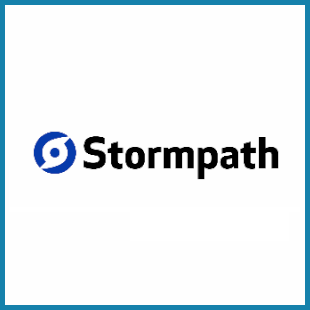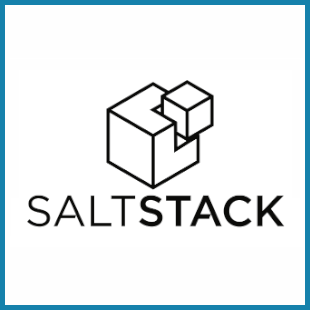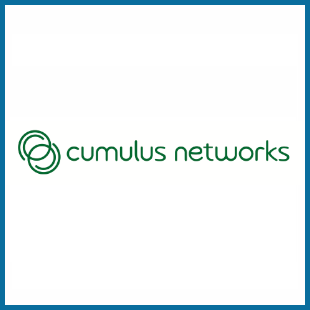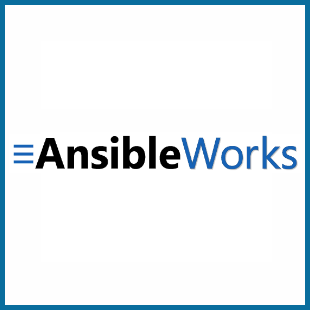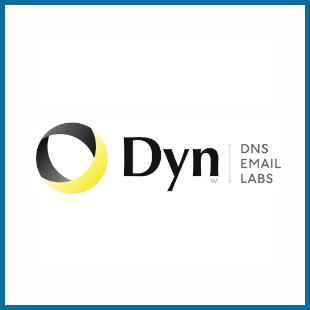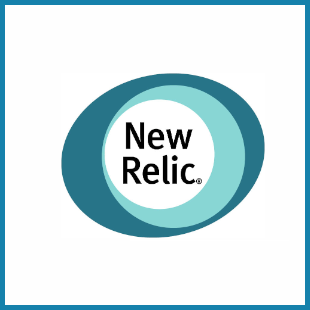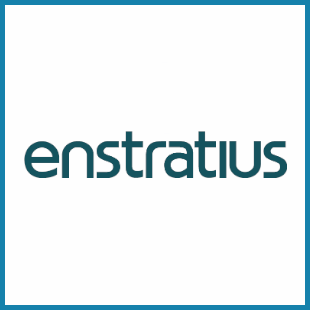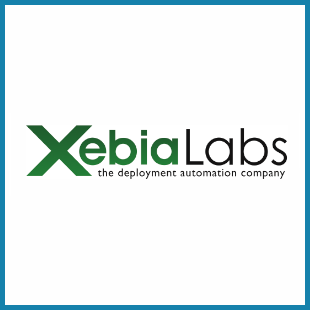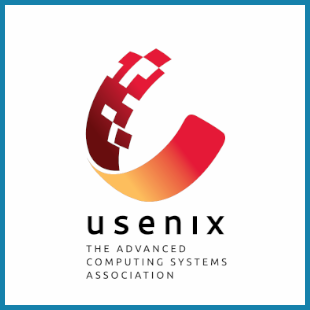
Silicon Valley 2013 - Proposal
Gold sponsors
Before you trust your code, make it run the Gauntlt!
Abstract:
Short Description:
Security testing is often done at the cadence of auditors and not at the pace of the dev team. Gauntlt is an open source framework that helps you “be mean to your code” through development and into release--facilitating ruggedized software and better communication between dev, ops and security teams. This talk will help you implement Gauntlt into your projects with plenty of real world examples.
Abstract:
"Be Mean to Your Code” is the core concept behind the ruggedization framework called Gauntlt (http://gauntlt.org) which brings the benefits of Behaviour Driven Development to the realms of automated security testing, application hardening and ruggedization. Security testing is often done at a cadence set by the audit team and is often obscured from the development and operations teams. This isn't good and this creates an adversarial relationship between security, dev and ops.
Gauntlt helps security, ops, and development teams work together. Gauntlt is meant to be used by security experts with interest in automation as well as developers with interest in security. It can be used to deliver the results of a security audit or penetration test via failing Gauntlt attacks (tests) which can in turn be added to automated test suites. Developers know they have resolved a particular vulnerability when Gauntlt no longer reports a failure. Gauntlt can also be used in regression tests to detect when a previously resolved vulnerability has been re-introduced.
Traditional approaches to web security can be less effective in cloud environments, due to the highly dynamic nature of cloud infrastructure. Fortunately, infrastructure-driven, continuous testing can overcome many of these challenges. Netflix uses Gauntlt to continuously validate that the security configuration of its cloud deployment and applications remains as expected, even with a rapid rate of change and high degree of self-service.
One of the core contributors of the Gauntlt project, James Wickett, will talk about the history of the project, the current features, examples of how to use Gauntlt and the future roadmap of Gauntlt. As part of this talk we will do a demo where we will walk the audience through getting started using pre-built Gauntlt attacks and then move to writing their own Gauntlt attacks. Come find out how to "Be Mean to Your Code" and ruggedize your next project.
Gauntlt is an open source ruggedization framework using cucumber and written in ruby. It has been developed in collaboration with the security engineering teams at Netflix and Twitter. Gauntlt is MIT Licensed and hosted on github at http://github.com/gauntlt/gauntlt.
Speaker:
James Wickett is an innovative thought leader and technologist in the DevOps and InfoSec communities and has a passion for helping big companies work like startups to deliver products in the cloud.
He got his start in technology when he ran a Web startup company as a student at University of Oklahoma and since then has worked in environments ranging from large, web-scale enterprises to small, rapid-growth startups. As a Senior DevOps Engineer, James is currently working in a startup-like team building cloud-based products for the Embedded Software Division of Mentor Graphics (http://mentor.com). James is a dynamic speaker on topics in DevOps, cloud computing, cloud security, security testing and Rugged DevOps.
He is a core contributor to the Gauntlt project (http://gauntlt.org) and is a supporter of the Rugged Software movement. James is the creator and founder of the Lonestar Application Security Conference which is the largest annual security conference in Austin, TX. He volunteers as one of the chapter leaders for the OWASP Austin chapter (http://austin.owasp.org) and he holds the following security certifications: CISSP, GWAPT, GCFW, GSEC and CCSK and he serves on the GIAC Advisory Board.
In his spare time he is trying to learn how to bake bread.






